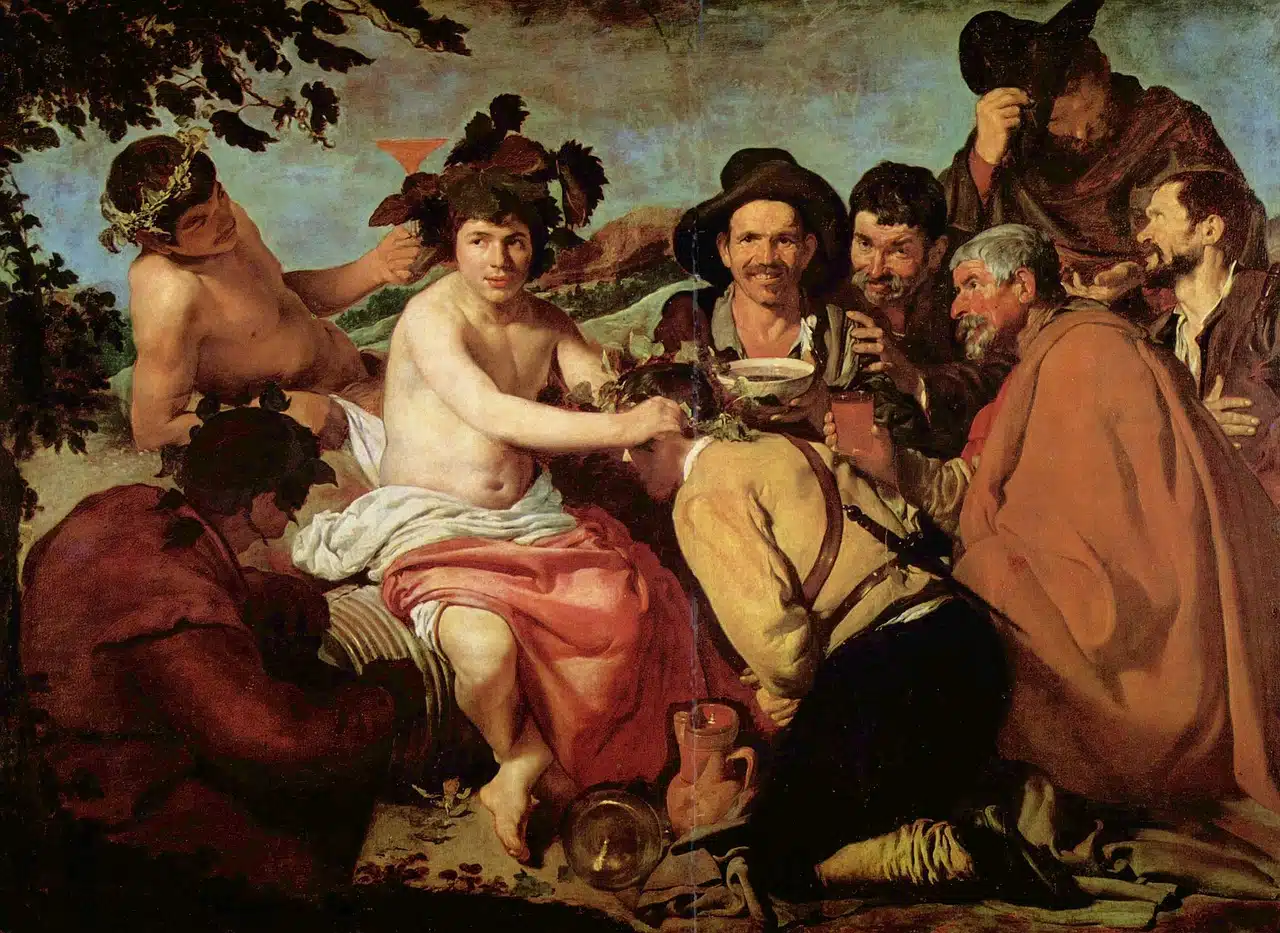
In a broad sense, idealism places the world of ideas in a primordial position.
Idealism is a notion that has two broad meanings. On the one hand, it is used to describe the possibility of intelligence to idealize. On the other hand, idealism is presented as a philosophical system that conceives ideas as the principle of being and knowing .
Philosophical idealism, therefore, maintains that the reality that is outside one's own mind is not understandable in itself, since the object of man's knowledge is always constructed from cognitive action. Immanuel Kant , Georg Wilhelm Friedrich Hegel , George Berkeley , and Francis Herbert Bradley are some of the most renowned idealist philosophers.
Idealism vs. materialism
It can be said then that, in philosophy, idealism is opposed to materialism , a doctrine that ensures that the only reality is matter. Subjective idealists believe that the entity itself is unknowable, but reflection provides the possibility of approaching knowledge . For objective idealists , however, the only object that can be known is that which exists in the individual's thought.
It is possible to distinguish, according to idealism, between the phenomenon (the object that can be known according to sense perception) and the noumenon or noumenon (that is, the objects themselves, with their own natural characteristics ). Reality is made up of the content of man's consciousness: that is, by what we perceive and not by what really is.
Differences with realism
In general, the terms idealism and realism are often confused, but there are many differences between the two that need to be pointed out.
In principle, both conceive the origin of knowledge in a different way; Realism maintains that it occurs in things, while idealism defines it as an activity carried out by man to develop concepts.
Realism posits the existence of things independently of our reasoning or our intellectual processes. On the other hand, idealism defends the participation of the mind for the conception, for example, of laws, mathematics or art, which would not take place without our intervention.
In this way, it is understood that idealism focuses on the human being as a necessary subject to give rise to reality, while realism starts from it and goes in search of it. It depends on the degree of knowledge of both concepts , some claim that they are very close to being opposites, while others conceive them as complementary.

In idealism, the criterion of truth is located in the subject.
Idealism according to beliefs
The concept of idealism is linked in different ways to the soul , essence , time , life after death and immortality . Therefore, from religion , spirituality and mysticism , the idea has been analyzed in multiple ways throughout history.
In Christianity , many theological experts evidenced a thought that can be described as idealistic by associating all existence with God . In Hinduism , idealism is associated with consciousness as the support of reality, appealing to the concept of maya .
Buddhism , Taoism and Sufism also have idealistic aspects, according to the analysis of various thinkers. In this case of Eastern philosophy, notions such as atman , nirvana (enlightenment) and samsara appear.
Some classifications
Idealism can be classified in different ways according to different criteria. Absolute idealism is called, to indicate a classification, the philosophical position associated with monism that Hegel adopted regarding the understanding of being.
Subjective idealism , meanwhile, is a monistic doctrine related to Berkeley that postulates the nonexistence of the material, while objective idealism is based on logic, stating that ideas have an autonomous existence and the human being accesses them through the experience. Another variant is transcendental idealism , also called transcendental subjectivism , which was developed by Kant and which mentions the need for two elements for cognition to exist: an object that is external to the person and a subject that is the one who knows.
We cannot fail to mention the classification of idealism according to the region where its ideas were forged. Reference is made, in these cases, to German idealism (with the contributions of Hegel , Kant , Schelling and more thinkers), British idealism (of John McTaggart and Francis Herbert Bradley , among others), etc.

Artistic idealism bases its aesthetics on mimesis.
Other meanings of idealism
In colloquial language, idealism is associated with confidence in values that have fallen into disuse today and with optimism . An idealist believes that morality , ethics , kindness , duty and solidarity manage to prevail over contrary concepts (such as immorality, selfishness and other terms associated with evil ). For example: "My grandfather was always an idealist who fought for a better world."
Unfortunately, this sense of idealism comes dangerously close to denial , which is one of the biggest causes of human failure as a species. Believing firmly and unwaveringly in something, ignoring the possibility of change, turning a deaf ear to the diversity of opinions, is the same as dying; It is setting limits that do not allow anything to advance, stagnating the air so that the currents do not bring new aromas. This attitude is usually associated with older people but, like other self-destructive attitudes, it does not take into account age, gender or race.
The concept in painting
In painting, idealism is a way of representing reality with a very high level of fidelity, similar to artistic realism .
However, he opposes the latter since he tries to "purify" it of any vulgar or lacking element of beauty, according to the vision of each artist. Only the most elegant and refined aspects pass the filter of said abstraction, resulting in necessarily fluid scenes, without much contrast and artificially balanced.
